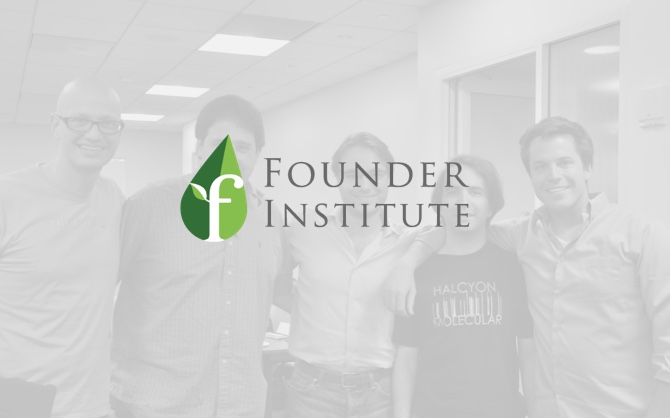
In our previous webinar, How To Create A Great Elevator Pitch, Carter Laren and Adeo Ressi discussed the struggles that many founders face when pitching to investors, customers, employees and others. Founders must constantly compete for attention in the ocean of startups developing across the globe, and the only way to do that is by differentiating yourself from the competition. It all comes down to the pitch, and your ability to capture and captivate the audience’s attention.
Congratulations you’ve succeeded in capturing the investor’s attention, so what’s next? The follow-up pitch to investors is just as important as it was to get them onboard your business idea. Carter Laren suggests,
Give angel investors a sense of ownership. Talk through the problems with them. Make it a collaborative effort. And come to conclusions together. Be yourself and let things naturally happen. This isn’t about winning a debate.”

One of the major challenges most founders have when trying to explain their business in their pitch is their target market. Customer confusion causes many issues, because it shows a lack of research as a founder on your startup. Make sure your business idea solves a problem and isn’t a solution looking for a problem. Start with “why” your solution solves a major problem in your target audience then introduce “what” actionable steps you are doing to achieve your solution. If investors think your “why” is interesting then they will be curious to know “what” you are doing to solve the “why”. Carter Laren states,
You need to look at the world from the perspective of the customer. The world’s is not a bunch of legos, you’re not the lego God. And the world is full of a bunch of people. Most whom are irrational and unpredictable.”

A great understanding of your target market creates a clear picture on how your solution will provide value to your target audience. Investors want to feel confident that you have a solid strategy on how you plan to attract and retain customers based off your research. In addition, don’t tell investors the conclusion based off your information and data, let investors come to the conclusion themselves. Carter Laren emphasises,
Your goal isn’t to convince your investor. For instance, in dating do you really want to marry someone you have to go convince to care about you? That relationship is doomed.”
In conclusion, customer research and development is an essential part of your research process for your startup idea. Investors will want to know that you’ve got a solid grasp on your target audience, and will be able to execute your solution. Deliver your findings on your target audience to investors in way that allows them to feel like they’re involved, and will come to conclusions that lead to your solution.


